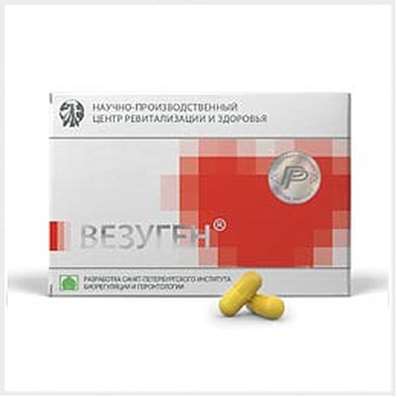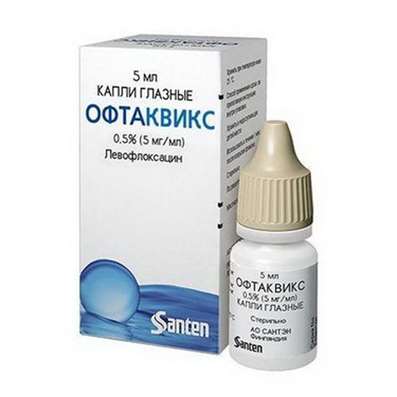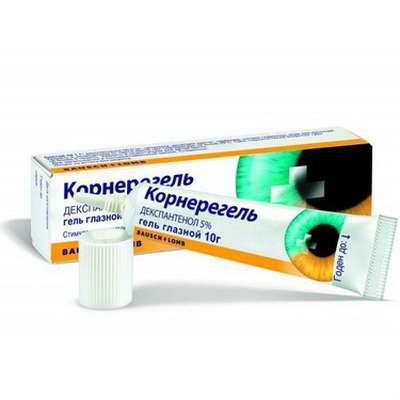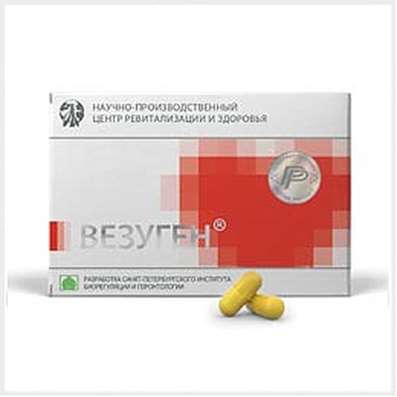Similar to Meldonium: in Russia a new substance is tested by WADA
28 Nov 2018
Russian sport is trying to avoid a new doping scandal - to prevent it will help 9.5 million rubles and mini-pigs on the treadmills.
Each year, the World Anti-Doping Agency (WADA) publishes a short document. It contains a list of substances that cause doubt in WADA and therefore fall under the monitoring program. In fact, this is one of the steps necessary to declare a substance doping and to prohibit its use in sport. The new monitoring program-2018 included a substance called "Bemitil" (ethitiobenzimidazole) - and this can be a big problem for the entire Russian sport.
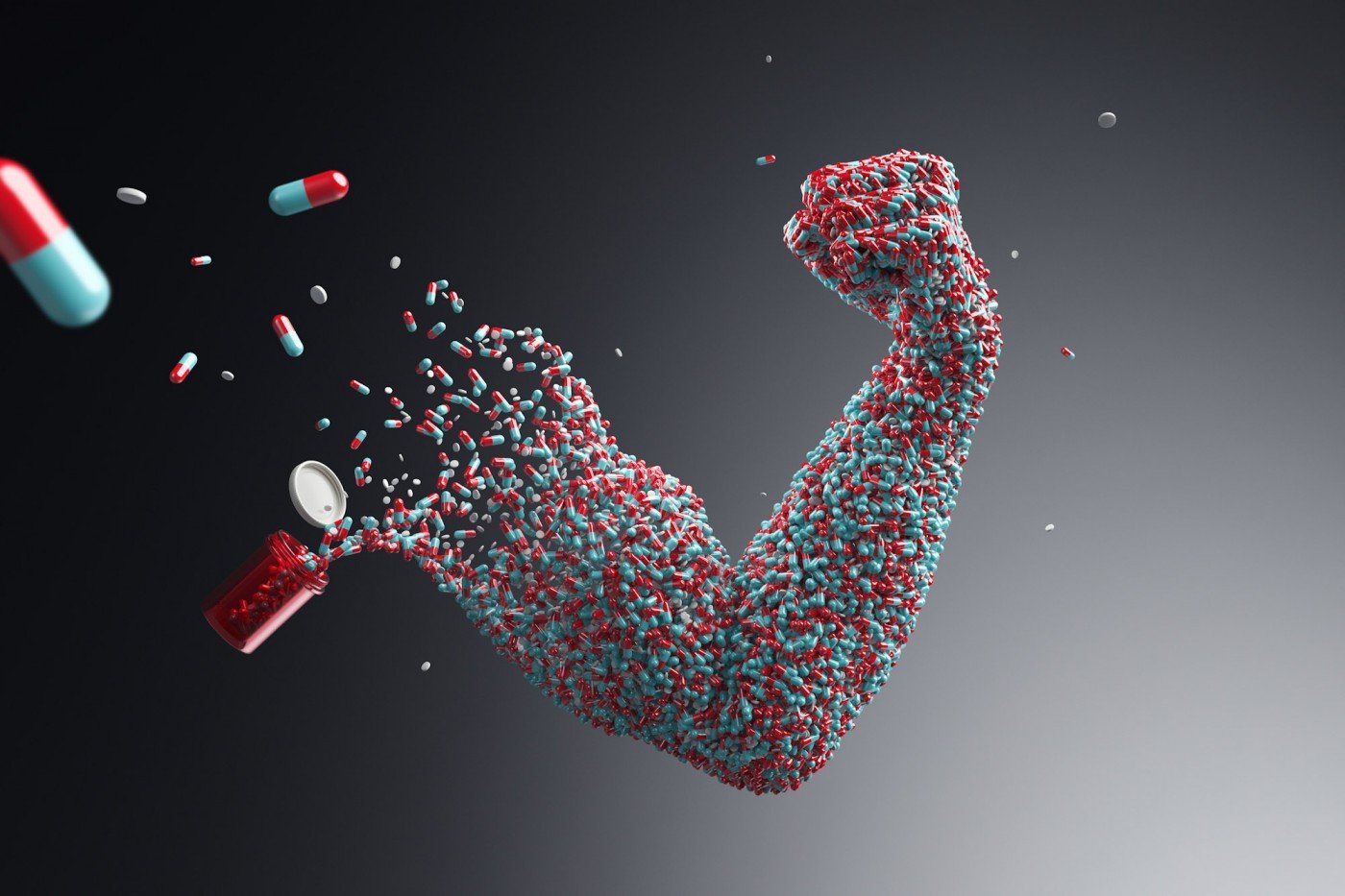
The geography of the spread of bemitil is Russia and the CIS countries. In the West, no bemitil is produced, in practice it is not applied. That is, in fact, we are talking about drugs based on the substance, which only athletes from Russia and neighboring countries take. All as with meldonium: the ban of this substance will not affect anyone's interests - except for Russians, of course.
There is, however, one difference from the history of Mildronate - bemitil refers to a very different group of substances, and it can not be declared harmless as a "vitamin". Another drug from the same group was already causing a doping scandal with Russian athletes. We are talking about the Bromantane (Ladasten) and Spartak Moscow football. According to the ex-defender of "Spartak" Vladislav Vashchuk, in 2004 almost the whole team used bromantane. Captain Yegor Titov was then disqualified for a year.
To avoid a new doping scandal, the Federal Medical Biological Agency (FMBA) has signed a contract for the study of Bemitil. The goal is to find out the timing of removal of the drug from the body. The doping trial under the name "Bemitil" FMBA plans to prevent using 48 mini-pigs and 9.5 million budget funds.
To stimulate in Spartak style
"There is a drug. At a certain stage, you can stimulate ... "- quoted the words of the doctor of" Spartacus "Anatoly Shchukin, assistant head coach Sergei Yuran, -" What are the consequences? ", -" Yes, in principle, no. Everything goes for two or three days. "
It's about the Bromantane. For his use for a year was disqualified leader of the "Spartacus" Yegor Titov. Because of the bromantan, he could not play for the national team for Euro 2004. "My killer is Dr. Shchukin," Yegor Titov said after disqualification.
According to another former player of Spartak Vladislav Vashchuk, the Bromantane was in the blood of all the players of the team at the time of the disqualification of Titov. "We were cleaning the whole team," Vashchuk wrote on his Facebook page, "for very long, three months. Droppers, pills, blood transfusions, even a hyperbaric chamber, where cosmonauts are trained. "
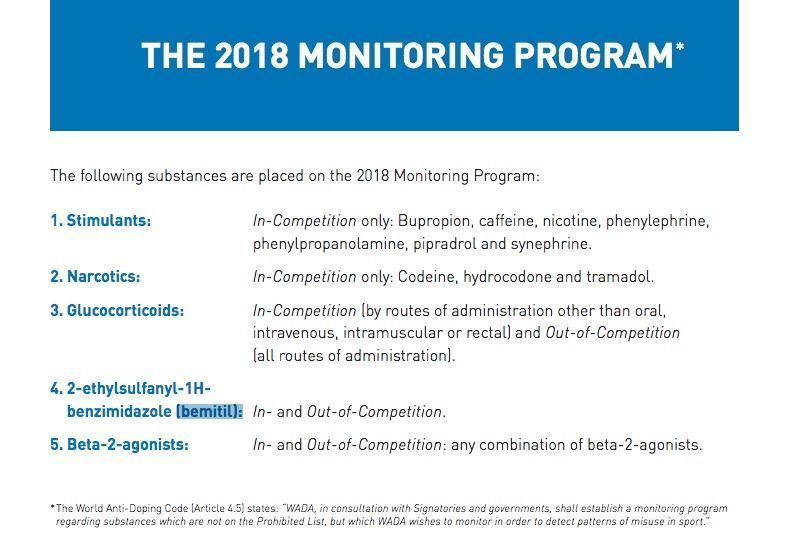
Bromantane was included in the list of banned substances back in 1996. Bemitil is now in the WADA monitoring program. The problem is that both substances are part of the same group - actoprotectors and have similar mechanisms of action on the body. "I was shaking so that I could not fall asleep until 6am. All were awake, there was a feeling that energy from somewhere inside, excuse me, a pearl, "Vashchuk described the effect of using bromantane.
A potential prohibition of Bemitil is possible not only against the background of the "bromantane" past. According to Artem Katulin, a sports pharmacologist, ex-chief physician of Spartak in 2004 (the year of the doping scandal), the risk also increases because of the political background:
- Bemitil - a drug that slightly accelerates adaptation to physical stress. This is not a potent substance. I do not see the need to prohibit it. It seems to me that this is another witch-hunt, as in the case of meldonium.
About Mildronate the doctor recollects not casually. Before the Meldonium hit the banned list, he was also in the WADA monitoring program for 2015. After nine months of observation, WADA decided to ban the drug, so popular with Russian athletes. The geography of distribution of bemitil is even narrower than that of Meldonium. According to the state register of medicines, bemitil is produced only in Russia (and goes on sale under different trade names: there is, for example, "Metaprot", which consists of the same ettiobenzimidazole), while meldonium is also found in Latvia and Cyprus. Accordingly, if someone were looking for a way to inflict damage on Russian athletes, then the potential ban of bemitil would strike them even more accurately than banning meldonium.
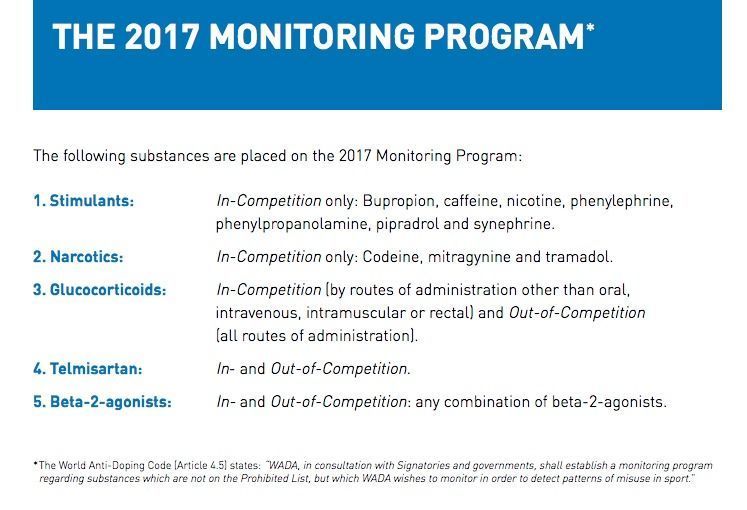
By the way, the most widespread version about the origin of bemitil is also similar to the legend about meldonium: it is reported that bemitil was developed for Soviet airborne troops in Afghanistan. The drug itself was registered in mid-1983.
Despite the prescription of development from the Russian market, bemitil has not disappeared. In the state register of medicines it is reported that in 2008, bemitil was included in the register for "SKTB Technologist". This is confirmed by the information on the company's website, where it is reported that the production of bemitil.
In general, if you recall the stories with meldonium and Bromantane "Spartacus", then the probability of an early prohibition of bemitil seems very high. Apparently, this is understood in the Russian sports leadership. Apparently, to ensure that the remake of the meldonium scandal did not occur, the Federal Medical and Biological Agency (FMBA) in late February 2018 published a state purchase of 9.5 million rubles. The study, which will last until November, should answer one question - how long it takes for the bemitil to leave the athlete's body.
Dangerous method. Mini-pigs at the limit
The method of investigating the timing of the withdrawal of bemitil from the body is quite simple: laboratory mini-pigs will be injected into the body with bemitil, after which they will be sent to the treadmills to undergo training loads under the action of the drug. Then the biomaterial is collected (all mini-pigs are pre-inserted with catheters).
On the treadmills, mini-pirogas will be subjected to intensive physical loads - "to failure." In addition to bemitil, other drugs from the WADA monitoring program, bupropion and synephrine, will also be tested. But this is a secondary task: bupropion and synephrine are used in practice outside of Russia, they have been on the monitoring list for at least ten years. FMBA before them did not pay attention, and began to examine the drugs, only after the inclusion of bemitil in the monitoring program this year.
All preparations of the mini-pigs will be administered in medium and maximum doses. In the case of bupropion and cinephrine, we are talking about 28 days of research. For bemitil, the timing is not defined - apparently, even the approximate time for the removal of the drug from the body is not yet clear.
There is, of course, a question of ethics: many animal rights activists are protesting against testing even the most necessary drugs, and testing for potential doping animals would cause a lot of protests. But in Russia, according to the president of the Center for the Protection of Animal Rights "Vita" Irina Novozhilova, there is no legal framework that would limit such research. In this case, Irina Novozhilova also doubts the effectiveness of such studies:
- Metabolism of animals and humans is so different that it will not have any practical significance. Already tons of works on this theme have been written. The way an animal's organism reacts to a certain drug does not mean that the human body will react as well. Especially when it comes to the timing of the removal of a certain drug from the body. Briefly, the director of the National Cancer Institute of the United States, Dr. Richard Clauzner, can be quoted as saying: "The history of cancer research is the history of treating mice from cancer ... For several decades now we have cured mice from cancer - and this simply does not work in humans" . So no valuable research results on mini-pigs will not bring.
There is another interesting aspect to this story: the structural unit of the FMBA, the Scientific Center for Biomedical Technologies, will be directly engaged in research. In other words, the Agency concluded a contract with its own organization. However, this is not directly related to the topic of doping and should interest organizations that are interested in corruption and violations of public procurement rules ..
The target date for the commissioning of the study is November 2018. If the scenario with melding repeats itself, and the World Anti-Doping Agency banned it in 2019, FMBA will have enough time to notify athletes and medical personnel. This is directly reported in the technical specification: "The social and economic effect of the introduction of scientific and technical products will be achieved through timely informing medical personnel about the half-life of medicinal products from the body of athletes."

 Cart
Cart

